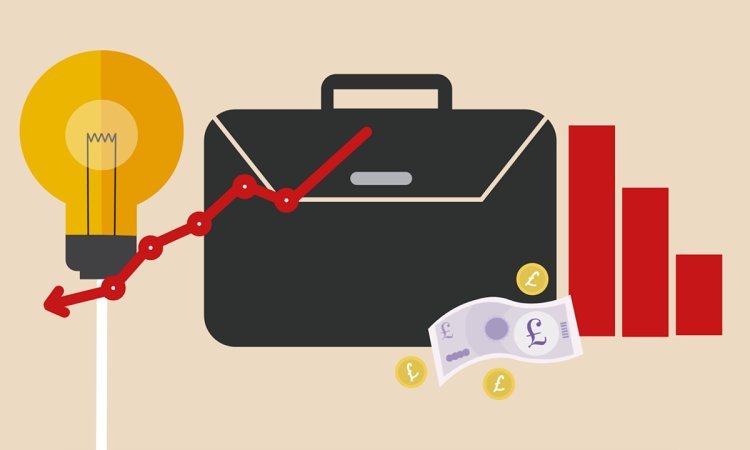Commercial Electric Rates Explained: How to Save on Business Electricity
When running a business, keeping overhead costs under control is crucial. Among the many expenses, electricity often stands out as a significant contributor to operational costs. With fluctuating rates and multiple pricing options available, understanding commercial electric rates can help your business save money and optimize energy usage. This guide breaks down the key elements of commercial electric rates, the factors that influence them, and how you can manage costs effectively.

Understanding Commercial Electric Rates
Electricity prices for businesses differ from residential rates. Commercial electricity tariffs are typically higher because businesses consume more power than households, and the rates are structured differently to reflect this. The price you pay depends on several factors, including the amount of energy used, the time of day, and the type of commercial energy plan you select.
Key Factors Influencing Business Electricity Tariffs
-
Energy Consumption Patterns: The more electricity your business uses, the higher your rate may be. However, understanding your usage patterns can help you negotiate a better deal with energy providers or shift usage to cheaper off-peak times.
-
Time-of-Use Pricing: Many commercial energy plans operate on time-of-use tariffs. This means that electricity costs vary depending on the time of day. Typically, rates are higher during peak demand hours and lower during off-peak periods. By shifting energy-intensive activities to off-peak times, you can lower your overall energy costs.
-
Type of Energy Plan: Businesses can choose from a range of commercial energy plans. Fixed-rate plans offer predictable costs, while variable-rate plans fluctuate with market prices. Your choice will depend on your tolerance for price changes and your business’s energy usage habits.
-
Location: Electricity rates can vary significantly by region. The cost of electricity in urban areas may differ from that in rural zones. Understanding your local market and comparing electricity providers can help you find the best deal for your business.
How to Save on Business Electricity Costs
Now that you understand the key elements of commercial electricity tariffs, let’s explore some actionable steps to help reduce your electricity expenses.
1. Shop Around for the Best Deal
Different energy suppliers offer various rates and plans. It’s worth comparing prices across providers to find the most cost-effective plan for your business. Consider using an energy broker or platform that aggregates rates to simplify the process.
2. Optimize Your Energy Usage
Investing in energy-efficient equipment and adopting energy-saving practices can reduce your overall electricity usage. Simple steps like turning off equipment when not in use, using LED lighting, and upgrading insulation can have a significant impact on your energy consumption.
3. Negotiate Flexible Payment Terms
Some businesses are able to negotiate more favorable payment terms with their energy supplier. Discussing flexible billing options can help manage cash flow and potentially unlock better pricing, especially for businesses with high energy demands.
4. Take Advantage of Time-of-Use Pricing
If your business operates during both peak and off-peak hours, opting for a time-of-use tariff can help save money. By scheduling energy-intensive activities during cheaper off-peak hours, you can cut down on electricity costs significantly.
5. Consider Renewable Energy Options
Switching to renewable energy, such as solar or wind power, can reduce dependence on traditional utility providers. Many energy companies now offer green energy plans that could provide long-term savings while aligning with your business’s sustainability goals.
Why Commercial Energy Plans Matter
Selecting the right commercial energy plan for your business is essential in managing electricity costs. If your business uses significant amounts of power, you could benefit from negotiating a customized plan that offers lower rates based on your consumption pattern. Factors such as your peak demand, usage times, and long-term business goals should all influence your decision.
By choosing the right commercial electricity tariffs and making smart energy choices, businesses can effectively reduce their electricity expenses. Keep track of your usage, evaluate energy plans regularly, and adopt energy-saving strategies to keep your business running efficiently and affordably.
Conclusion
Understanding business electricity tariffs and the factors that impact your energy costs is key to managing your overall expenses. With the right knowledge, planning, and energy-saving habits, you can significantly reduce your electricity costs. Take the time to review your current commercial energy plan, optimize usage, and explore renewable options for long-term savings. Your business will not only become more energy-efficient but also benefit from reduced overhead costs, freeing up resources for other areas of growth.
For more information on how to find the best commercial electricity tariffs and optimize your energy plan, check out the various commercial energy plans available for businesses today.
What's Your Reaction?












